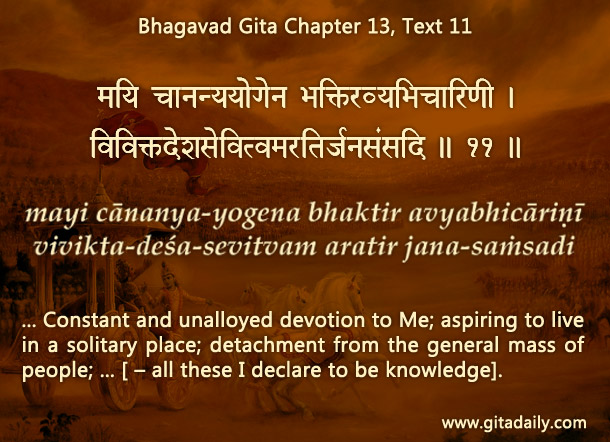We often associate courage with physically heroic deeds, such as running into a burning building to save a trapped child. While such courage is undoubtedly commendable, the opportunities for such heroism are rare. If we want to cultivate courage consistently, we need to look for opportunities that are more accessible. Fortunately, such opportunities come to us whenever our convictions are opposed by the world — at such times, we can manifest the courage of our convictions.
Suppose we grew up in a society where eating meat was the norm. But later we come to know how meat is actually produced, how animals are subjected to horrendous brutality in slaughterhouses, how our tongue is indirectly becoming the blade that slits the throats of those poor creatures. That knowledge may infuse within us the conviction to abstain from meat.
However, we may face severe societal pressure to conform. Resisting such pressure requires the courage of conviction, whereby we hold onto our dietary resolution and politely yet firmly resist social pressure. Where does courage come into the picture here? It takes courage to live with the uncomfortable reality that people are displeased with us. Being prepared to endure their disapproval or even anger is also a form of courage, albeit a subtler form of courage. Why subtler? Because we may not face any gross danger — we may not be physically threatened. Yet the threat of ridicule or rejection is real and substantial. Pertinently, the Bhagavad-gita (13.11) encourages us to cultivate such courage of conviction, when it asserts that the wise are ready to distance themselves from the ways of the world and aren’t overly concerned about worldly opinions.
Cultivating such courage of conviction can be profoundly transformational. It can be the healthy push necessary for us to go deep within ourselves. By such introspection, we contemplate what is truly important for us and thereafter gravitate toward the things that matter more even if it means going away from the things that matter less — things such as the world’s approval.
Summary:
The form of courage that is most accessible and transformational for us is the courage of conviction.
Think it over:
-
Which form of courage can be cultivated consistently?
-
How does sticking to our convictions require courage?
-
How is the courage of conviction transformational?
***
13.11 … Constant and unalloyed devotion to Me; aspiring to live in a solitary place; detachment from the general mass of people; … [ – all these I declare to be knowledge].
Audio explanation of the article is here: https://gitadaily.substack.com/p/the-courage-that-may-not-look-like
To know more about this verse, please click on the image


Leave A Comment